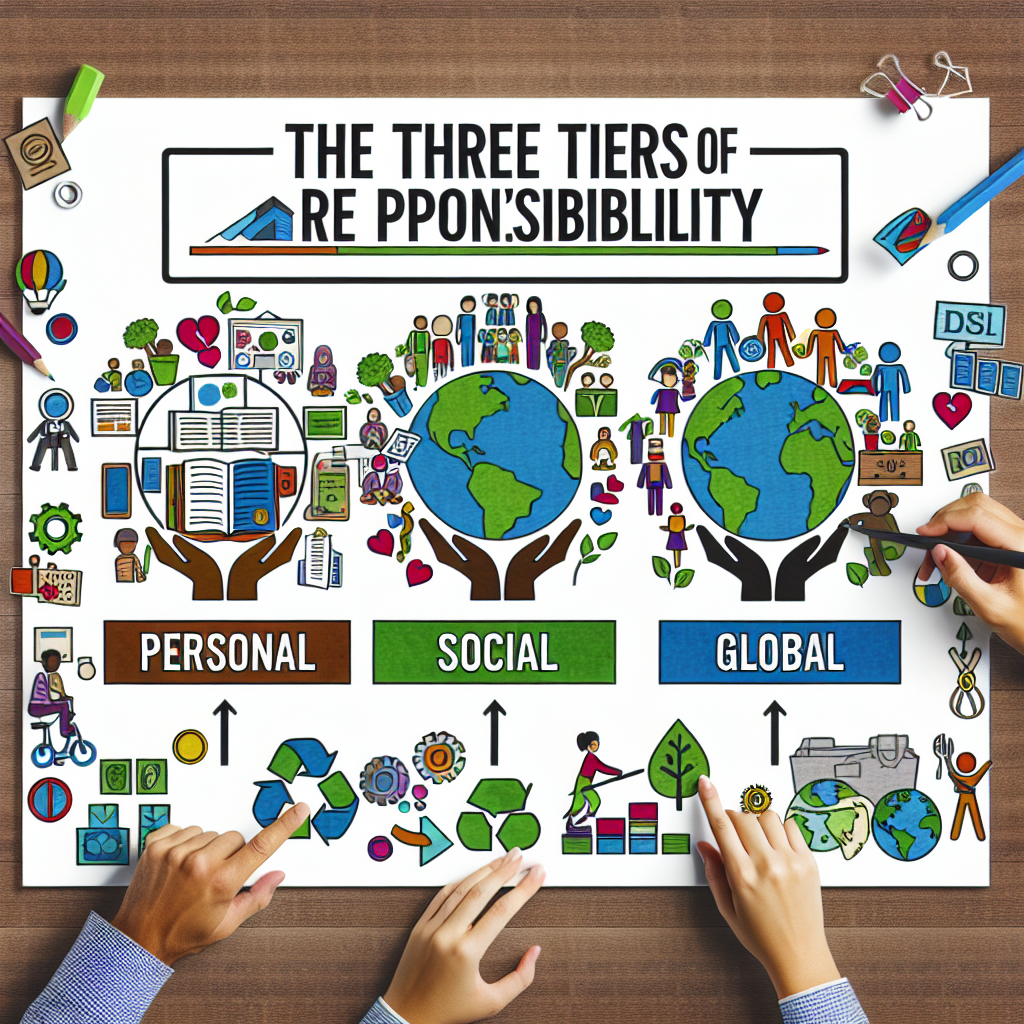The political landscape in the U.S. is currently beset by anxiety among the elite as Donald Trump positions himself for a potential return to power. A spectacle reminiscent of Halloween haunts the nation, with figurative specters expressing fear that Trump will seek retribution against those who oppose him if elected. These figures might channel their fears into a collective lament of despair, amplifying the notion that if Trump returns, he could take revenge on not just his enemies but on the political apparatus that they represent. The implication here is significant: Trump’s potential actions are seen not merely as personal vendettas but as a call for accountability against perceived injustices wrought by representatives of a bureaucratic establishment that many Americans view as corrupt and overreaching.
The narrative suggests that the urgency among the political establishment — often referred to as the “Deep State” or “the blob” — stems from their desire to avoid legal reckoning for their roles in what is viewed as damaging practices against the American public. Figures like John Brennan, Merrick Garland, and others exude a sense of vulnerability as Trump’s popularity surges. As election day approaches, this group may be oscillating between anger and bargaining, fearful that their past actions will come to light and lead to accountability. Their motivations are rooted not only in maintaining power but also in evading the legal consequences of their actions, thus creating an environment of intensified resistance against Trump and his followers.
Furthermore, there is a cohort of lawyers who have positioned themselves within this ecosystem to ensure the safety of the political elite. These individuals, like Marc Elias and Andrew Weissmann, are seen as facilitators of legal maneuvers designed to shield the establishment from scrutiny and prosecution. The financial rewards for such legal work are considerable, with lucrative fees coming from various dark money sources attached to the Democratic Party. However, the text also animates these lawyers as individuals who derive a certain pleasure from their role in undermining Trump — hinting at a form of sadistic satisfaction that surpasses the monetary aspect of their work, reinforcing a culture of punitive measures against their ideological opponents.
The role of the media is yet another significant layer in this complex narrative. The assertion that journalists and media figures operate within a self-reinforcing echo chamber highlights how their motivations — rooted in social status and career advancement — influence their coverage of Trump and the political climate. The text argues that this media landscape is susceptible to change, suggesting that a shift in public sentiment could lead to a revisionist history in which Trump is portrayed as a heroic figure rather than a divisive antagonist. This potential shift underlines the idea that mainstream media’s narratives are not immutable but rather contingent upon the prevailing political winds, which could turn in favor of Trump should he address key issues affecting the populace.
Whether Trump would indeed pursue revenge, the text posits, is a complex question. On one hand, Trump appears to recognize that his legacy will depend more on his ability to tackle pressing national issues — such as inflation, immigration, and industrial recovery — rather than fixating on past grievances. His previous comments regarding the national debt and U.S. sovereignty suggest he is willing to take bold, unconventional stances that challenge the status quo. The focus is redirected toward pragmatic governance, suggesting that Trump’s effectiveness lies in his capacity to unite the country around shared challenges rather than exacerbating divisions through personal retribution against his opponents.
On the other hand, there lies a parallel concern regarding Trump’s approach to former adversaries and the political establishment. The reflection on Julius Caesar’s misstep in pardoning his enemies serves as a cautionary tale. It implies that while Trump may see value in negotiating with these individuals — potentially to mitigate the hostility that follows confrontation — it is crucial for him to ensure accountability for actions taken against the American populace. The suggestion that Trump could broker a deal to allow certain figures to face legal scrutiny in exchange for the preservation of their agencies underlines the complex interplay between power, retribution, and governance in a deeply polarized political climate. This fosters a narrative that at the crux of Trump’s potential presidency lies not just a desire for vengeance but a commitment to restoring justice and order in a country he perceives to be under siege from its own leadership.
In conclusion, the specter of Trump’s return looms over a fractured landscape, eliciting both fear and expectation among various political factions. This scenario compels the viewer to grapple with profound questions of accountability, governance, and national unity as the election draws near. As concerns regarding political retribution and the legitimacy of established elites come to the fore, it prompts a re-evaluation of what it means to lead in contemporary America. The dialogue hints that the real stakes extend beyond the individual dynamics between Trump and his adversaries, touching on the broader implications for the nation’s moral and political health in a rapidly evolving landscape. Whether Trump can navigate this landscape effectively and transform the political discourse remains one of the most pressing questions as the clock ticks down to the approaching election.

